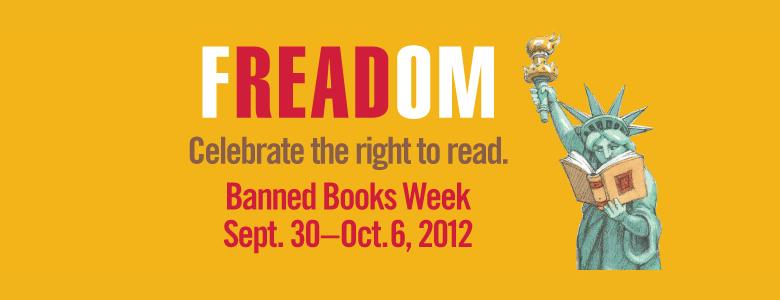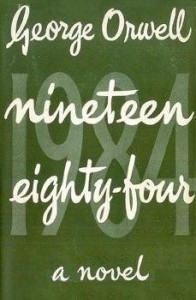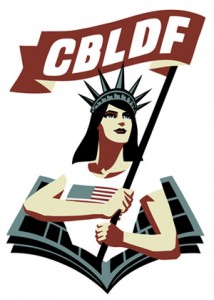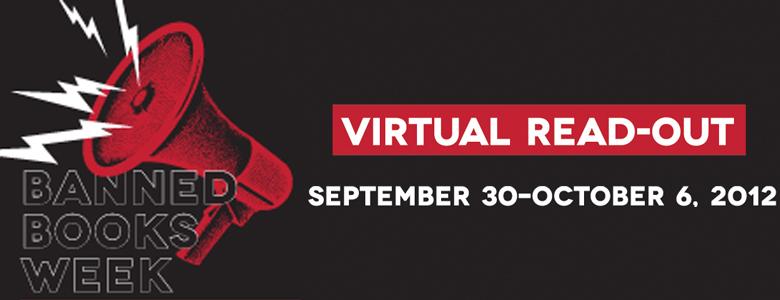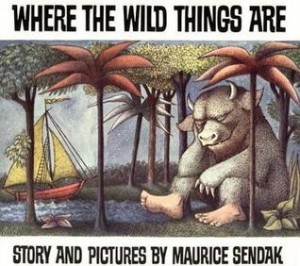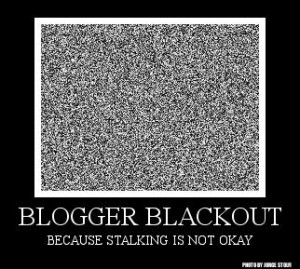
We interrupt our regularly scheduled book blogging in order to bring you a slice of real life where too many worlds are intersecting.
YA author Kathleen Hale admits in her Guardian essay that she didn’t just tweet and post online about her extreme unhappiness with a one-star review she received on Goodreads from a YA book blogger, she fully cops to stalking the pseudonymous blogger in real-life. Hale received the blogger’s address through misrepresentation, and paid an internet search firm to find her work address and phone numbers.
The Guardian essay (here) reads like a piece of fiction, but it isn’t. And the blogger has decided to stop book blogging as a result of this harassment.
Because yes, it is harassment. Parking in your car outside someone’s home, looking in the windows and backyard to see if the furnishings and the dog match pictures on Pinterest, all constitute stalking. Which is illegal.
Hale’s purpose was to shut down or shout out her critic. Not someone who had stalked her, but a book reviewer who received a review copy of Hale’s book and did exactly what she claimed she would do; she posted an honest review on Goodreads. She didn’t criticize Hale as a person, she criticized her commercially available work.
Which is something that book bloggers do every single day. Because we love reading in general, even if we don’t love a particular book. So we share what we liked, and what we didn’t. We provide our own opinion, not speaking ex cathedra, and all we ask is that our readers use our words as a tool for evaluating what they choose or don’t choose to spend their own time reading.
I use my real name in this blog. I am fairly easy to find. The conduct of Hale and those who support her is frightening, and it creates a chilling effect for any blogger who finds some of the books they read as less than stellar.
That chilling effect I refer to is just another name for censorship. It is a way of frightening people into censoring themselves, so that they do not publish material that the censor finds unacceptable. In this case, it has both worked and not. The original blogger has chosen to stop blogging; her real life has been threatened and she has had enough.
Many of us are taking the opportunity to highlight this offensive behavior and the negative effects it has on the book and reading community. This week, many book blogs are posting a blackout day or week to commemorate this event. The blackout has been organized by Dear Author with this post. She is publishing essays this week to give a brief glimpse of what it would be like for publishing if we all stopped providing reviews. The Book Pushers will also be blacked out for a day, as am I.
Instead of a book review, I’m posting this essay to show my support for Dear Author and the blackout, and to go on record that my reviews will not be written in fear.
I am also a gamer. A female gamer, one of the 48% of the gaming population that identifies as female. (Much as I hate giving in to the need to prove my creds here, I will say that my copy of Dragon Age Inquisition has been on pre-order for months.) Women who write critically about video games and the video game industry are stalked, catfished and receive death threats, unfortunately on a regular basis. I hear an echo of Anita Sarkeesian, Zoe Quinn and Brianna Wu’s treatment in this case where an author stalks a critic, and I am chilled.
But now cowed. And especially not silenced.

